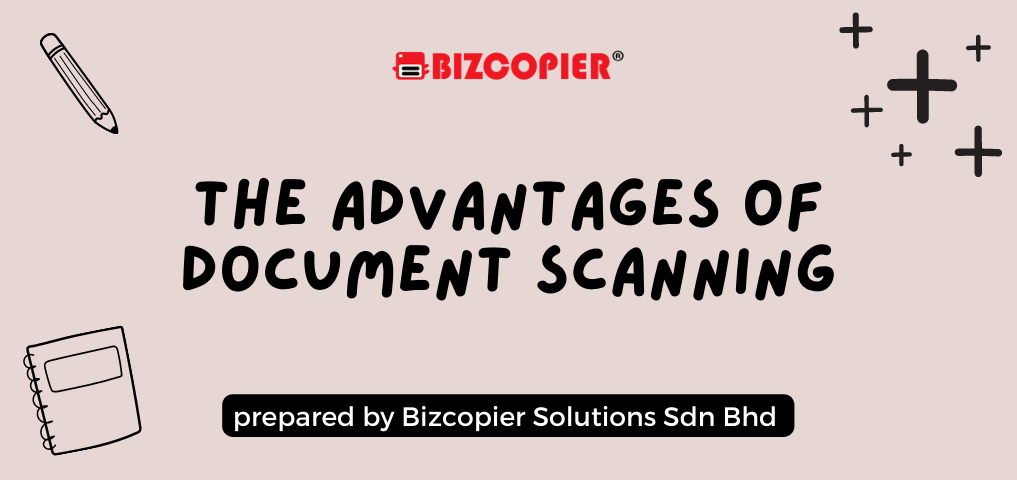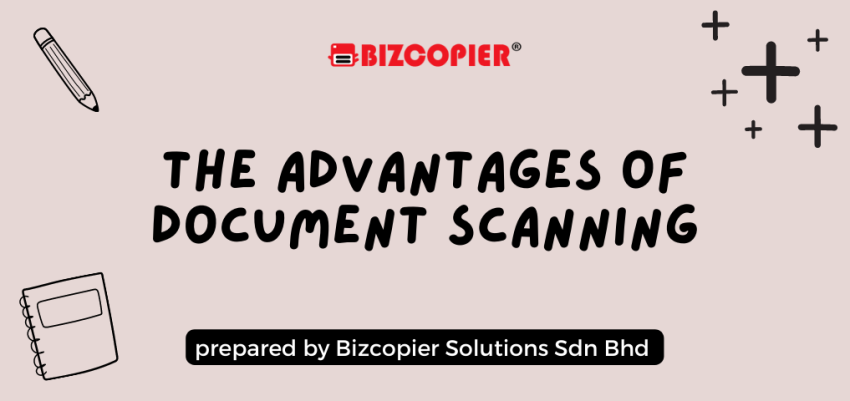
In today’s digital era, businesses are increasingly moving away from traditional paper-based workflows and embracing document scanning as an essential practice. Document scanning involves converting physical documents into digital format, offering numerous advantages over traditional paper-based document management. This article explores the benefits of document scanning and highlights why businesses should consider implementing this practice.
Improved Document Organization and Accessibility:
Document scanning enables businesses to organize and store documents digitally, making them easily searchable and accessible. Digital documents can be indexed, tagged with relevant keywords, and stored in structured folders, allowing for efficient retrieval and reducing the time spent searching for specific information. Employees can access documents from anywhere, anytime, facilitating collaboration and enhancing productivity.
Space and Cost Savings:
Storing physical documents requires significant physical storage space, which can be expensive and cumbersome. Document scanning eliminates the need for physical storage and frees up valuable office space. Additionally, businesses can reduce costs associated with paper, ink, printing equipment, and maintenance. Document scanning promotes a paperless office environment, leading to long-term savings and increased operational efficiency.
Enhanced Security and Disaster Recovery:
Physical documents are vulnerable to damage, loss, or unauthorized access. Document scanning provides improved security and robust disaster recovery options. Digital documents can be encrypted, password-protected, and backed up on secure servers or cloud storage platforms. This ensures that important information is safeguarded and can be easily restored in case of unexpected events such as fire, floods, or theft.
Efficient Collaboration and Workflow:
Digital documents streamline collaboration and workflow processes. Multiple employees can access, edit, and share documents simultaneously, regardless of their location. With document scanning, businesses can implement efficient approval workflows, track document versions, and enable real-time collaboration, eliminating delays and improving overall productivity.
Regulatory Compliance and Audit Readiness:
Many industries have strict regulations regarding document management and retention. Document scanning helps businesses ensure compliance with legal and industry-specific requirements. Digital documents can be organized, tagged with metadata, and easily retrieved for audits or compliance checks. Document scanning also facilitates data privacy and protection, as access to digital files can be controlled and monitored.
Eco-Friendly Practices:
Document scanning contributes to eco-friendly practices by reducing paper usage and promoting sustainability. By embracing digital documents, businesses reduce their environmental footprint, conserve natural resources, and help preserve forests. Document scanning aligns with corporate social responsibility efforts and demonstrates a commitment to environmental stewardship.
Document scanning offers a multitude of advantages for businesses, ranging from improved organization and accessibility to cost savings, enhanced security, and streamlined collaboration. By digitizing documents, businesses can optimize workflows, increase productivity, and improve overall operational efficiency. Additionally, document scanning aligns with regulatory compliance requirements, offers disaster recovery options, and contributes to eco-friendly practices. As organizations increasingly embrace digital transformation, document scanning emerges as a vital practice for businesses of all sizes, enabling them to thrive in the digital age and stay ahead in today’s competitive landscape.

